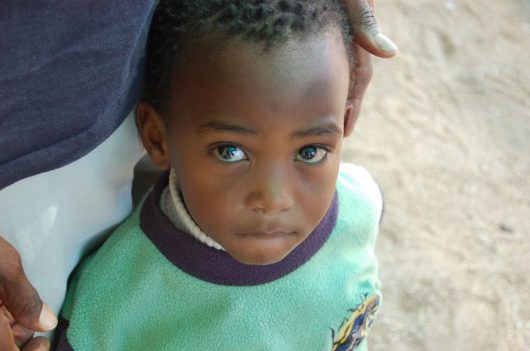Causes of Poverty in Botswana

The discovery of diamonds in 1967 helped Botswana to move from one of the poorest countries in Africa to a middle income country. Ironically, that same discovery contributed to vast levels of income inequality and poverty in the nation. Though Botswana is not technically a poor nation, substantial clusters of poverty remain in its rural areas. In some rural areas, the poverty rate is as high as 46 percent and unemployment for the country is at 20 percent. Here are some of the main causes of poverty in Botswana.
- Education
The skills taught in the education sector often do not match the skills needed to execute jobs available in the job market. This has led to a mass influx of certain skills in the job market, resulting in high unemployment for graduates. Several youths between the ages of 15 and 24 are unemployed in Botswana due to being poorly prepared for potential careers. This age group makes up 51 percent of the unemployed population in Botswana. - Gender
Unemployment rates are higher among women than men. Botswana men are generally better educated than women so their employment rates tend to be higher. Women also have trouble entering the labor force because of social standards and barriers. Because of these barriers, women make up a mere 36 percent of formal sector employees but make up 75 percent of informal sector employees. - Inequality in Cattle Distribution
Lack of ownership of livestock is a significant cause of poverty in Botswana. About 47 percent of farmers do not own cattle and those who do own cattle only own small herds. Thus, the poorest 71 percent of traditional farmers own only about 8 percent of total traditional herds, while the richest 2.5 percent own about 40 percent. About 10 percent of farming households own 60 percent of the 2.3 million cattle in the country. This system makes it so that wealth in the country continues to be dispersed unequally. The rich remain rich and the poor remain poor.
While there are several causes of poverty in Botswana, the future of Botswana’s economy looks optimistic. The Botswana government has recently released Vision 2036, a framework designed to reduce the poverty rate and secure prosperity for all. The plan is ambitious and is backed by the United Nations Development Programme (UNDP). Prior to creating the plan, the president engaged in a countrywide dialogue with citizens of Botswana to understand their goals and needs, ensuring that Vision 2036 captures their perspectives. If the plan is effective, by 2036 Botswana will be a high-income country with virtually no one living under the poverty line.
– Jeanine Thomas
Photo: Flickr
